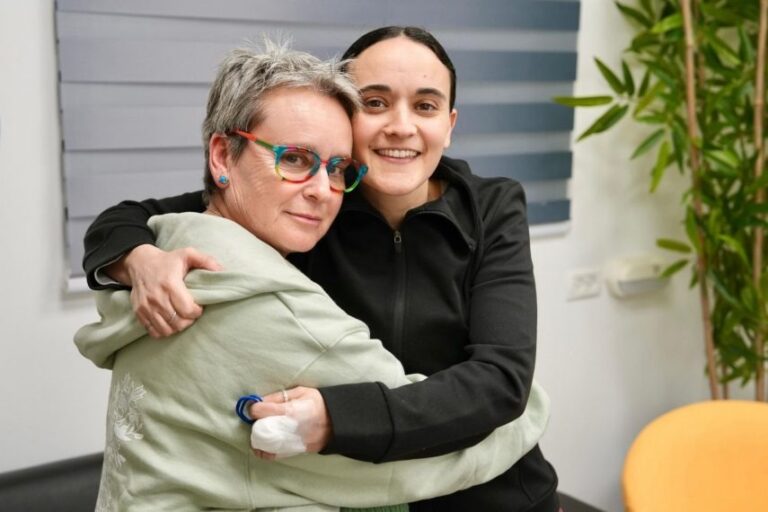 For many people, the whole idea of estate planning seems a little off-putting or taboo. Estate planning is simply the process of getting your affairs in order so that you make things easier for your surviving family members when the time comes. It doesn’t have to be difficult, expensive, or depressing. All you need to do is take a few simple steps: take a look at what you own, write a will and a few other documents, and review the beneficiary designations on your retirement/insurance accounts. Estate planning is something you do for your family. Get it done, and you’ll feel better knowing that you’ve taken care of them.
For many people, the whole idea of estate planning seems a little off-putting or taboo. Estate planning is simply the process of getting your affairs in order so that you make things easier for your surviving family members when the time comes. It doesn’t have to be difficult, expensive, or depressing. All you need to do is take a few simple steps: take a look at what you own, write a will and a few other documents, and review the beneficiary designations on your retirement/insurance accounts. Estate planning is something you do for your family. Get it done, and you’ll feel better knowing that you’ve taken care of them.
Estate planning is also about practical issues, and this article aims to discuss the practical issues. After you pass on, many of the tasks and decisions your loved ones will have to handle usually aren’t covered by the estate planning documents that are left behind. You can save your family some headache by making your wishes known on such issues as:
- Who should be notified of your death?
- Did you prepare a will or living trust? Where did you keep them?
- Do you own a life insurance policy, pension, annuity, or retirement account? Where are the documents stored?
- Do you have bank accounts? Do you have a safe deposit box?
- Do you own stocks, bonds, or money in mutual funds? Where are the records?
- Do you own real estate? Where are the deeds?
Most of us carry this information around in our heads and never discuss it with our family members in a comprehensive way, which causes our loved ones to have to sort it all out after a death.
The key is to avoid unnecessary losses. Costly or painful losses can result from a failure to organize your affairs. Stocks, bonds, bank accounts, real estate, and insurance policy benefits may go unclaimed and be turned over to the state government. This happens surprisingly often. Each year, millions of dollars go into state treasuries because the rightful property owners couldn’t be found.
On a more personal level, relatives or friends may not be promptly informed of a death, and valuable pieces of family history may not be passed down to future generations.
Fortunately, losses like these can be avoided with a little bit of planning, sorting, and organizing.
Therefore, it is important to organize your information so that it is readily accessible at the time of your death. Making things easier for your family is not difficult, but it may be time-consuming. It’s best to break the task into manageable sections and take it one step at a time.
Start by thinking about some broad categories of information:
- funeral plans (arrangements and whom to notify; do you want to be buried in Israel?);
- insurance policies;
- wills, living trusts, deeds, and other important documents;
- pensions and retirement accounts;
- bank, money market, and mutual fund accounts;
- stocks and bonds;
- items in safes, safe deposit boxes, and other locked or hidden places; and
- family history, including the location of photographs, heirlooms, and other irreplaceable items.
Then think about organizing this information in a way that will help your family handle your affairs after your death. You can structure the information any way you like, even some scribbled notes left in an accessible location are better than nothing. But if you have the time and energy for it, consider a more thorough approach.
However you choose to organize your affairs, what’s most important is that you create a clear, easily accessible system that will light the way for your family and friends.
When you’ve got everything in order, be sure to store your information in a safe place. You might consider keeping everything in a fireproof metal box, file cabinet, or home safe. Also, be sure to discuss your new records with those closest to you. Your careful work won’t help them unless they know where to find important papers when the time comes. May Hashem bless us all with long, happy and healthy lives – amen!
The attorneys in the Trust & Estates Practice Group at Yedid & Zeitoune have a combined 16 years of legal experience and are ready to assist you with all your estate planning needs.
Isaac Yedid, Esq. and Raymond Zeitoune, Esq.
Yedid & Zeitoune, PLLC
1172 Coney Island Avenue Brooklyn, New York 11230
Phone: (347) 461-9800 Fax: (718) 421-1695 Email: [email protected]
NYC Office – By Appointment Only:
152 Madison Avenue, Suite 1105 New York, New York 10016










